The content of the article
Let's be frank and admit that pregnancy for many women is a subscription for 9 months, which allows you to eat anything, act up and please yourself with your most unusual culinary fantasies. During pregnancy, we can afford to eat sweets, do not pull in the stomach and enjoy life. Among the various delicacies you can find halvah - many women love this oriental sweet with a special, reverent love. But after a few eaten pieces, a pregnant woman begins to think - is halvah useful? In this article we will try to understand the features of this product, consider the beneficial and harmful properties of halvah for pregnant women, as well as find out in what quantities you can eat a treat to avoid harming the baby.
Can I eat halvah during pregnancy?
Halva is an oriental dessert,which is made from sugar and a variety of nuts. Today there are several types of sweets of the East, each of which is called "Halva". However, in our understanding, halva is grayish fiber sticks with a pronounced taste of roasted seeds and nuts. The history of halvah has many millennia, it began to produce long before the beginning of our era. The secret of making halvah for a long time was under lock and key, only men made dainties and inherited their craft. Today, preparation of halvah is also quite a long and laborious process. Seeds and nuts are cleaned and crushed to a homogeneous mass, separately prepared syrup from water, sugar and molasses. After adding all the ingredients, the halva is kneaded for a long time, shaped and cooled. Sugar, molasses, nuts, seeds are very high-calorie foods, so halva also has a high nutritional value, about 500 kcal per 100 grams of product.
Answering the question of whether halva can be eaten by future moms, it is worth noting that a delicacy is permissible only under two conditions. The first is the absence of allergies.Since nuts, seeds and honey are allergens, they can cause rashes and other reactions. The second reason is high calorie content. If you do not want to gain 20-30 kg by the end of pregnancy, and then painfully deal with them, you need to know the measure in such products. You can eat no more than 100 grams of halva per day, and even then, not every day. Remember that halva is permissible to use only in the first and second trimester of pregnancy. In the later periods, a large number of allergens in the diet can trigger the development of various allergic reactions in the baby. Simply put, if you do not want your child to grow up as an allergic person, you need to know how to use sweets, honey, eggs, nuts, etc. But while your baby is still very small, you can feast on a piece of this fragrant dessert.
The benefits of halvah during pregnancy
As noted, halva consists of natural and natural ingredients that are considered incredibly healthy and nutritious. This is how the product affects the body of a pregnant woman.
- In halvah a lot of folic acid, which is perfectly preserved due to the lack of heat treatment of the product.Folic acid is the most necessary vitamin in pregnancy, it is prescribed to drink even before conception and in the early stages when the baby’s nervous system is only formed. Folic acid reduces the risk of developing fetal neural tube pathologies. Most folic acid is found in peanut halva.
- There are many trace elements in halva that improve the functioning of the circulatory system, make the vessels more elastic, reduce the risk of developing disorders in the blood circulation of the fetus and placenta.
- Halva helps many women to revive themselves, to get rid of the breakdown, to cope with discomfort in case of toxicosis. In addition, halva perfectly uplifting, what else does a young mommy need?
- Halva made from sesame seeds is very useful for the nervous system - both the baby and the mother. Regular consumption of halvah strengthens the nerve endings and stabilizes the emotional state of a woman. Often it is very important for the future mother, because she is constantly in the emotions, worries and anxieties.
- Halva is very useful for the work of the heart, cleans the blood from cholesterol plaques.
- Sesame halva contains a huge number of trace elements that strengthen the respiratory system and improve the functioning of the musculoskeletal system.This allows you to strengthen the bones and make them more resilient before delivery.
Halva is a natural stabilizer of acidity in the stomach, it should be taken at high and low acidity.
Doctors recommend that you always carry halva pieces with you if you often experience fainting during pregnancy. Loss of consciousness can occur on the background of fasting, overwork, stress, pressure reduction. Halva will help to cope with all these problems. As soon as you feel dizzy and weak, you need to quickly sit down and put a piece of halvah in your mouth, slowly dissolve it. This will help prevent seizures.
Contraindications to the use of halva
We have already noted that halva can not be eaten with allergies to at least one of the components of the product. It is also worth limiting if a woman is gaining weight quickly - in this case, sweets should be abandoned altogether and replaced with fruits. Halva is contraindicated for women with diabetes, but such patients are usually aware of their diet, and they do not need to be prevented. You should also stop eating if you have diseases such as cholecystitis, pancreatitis,diseases of the gallbladder or liver. If in doubt, consult your doctor.
In the East in ancient times it was believed that halva is one of the best delicacies that a person could do with his own hands. People believed that by often eating dessert young people could quickly conceive a child. Halvah was certainly treated to pregnant women and nursing mothers. Eat halva in moderation, and it will give you only benefit!
Video: the benefits and harm of halva

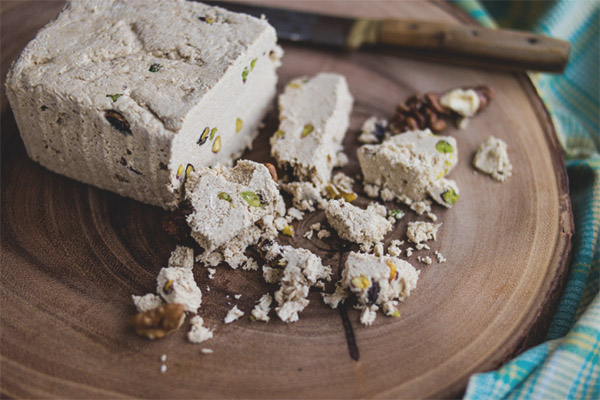

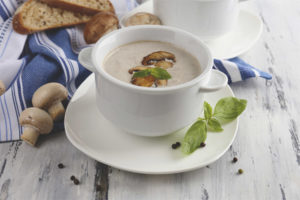
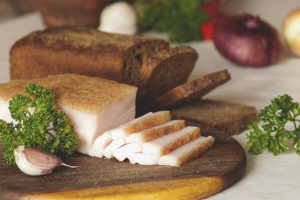
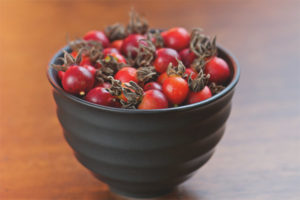
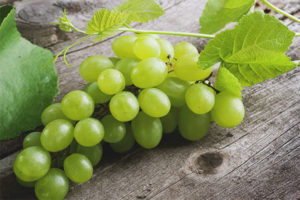
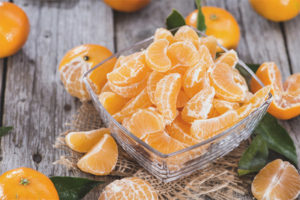
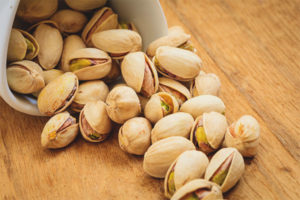

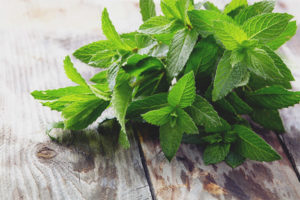
To send